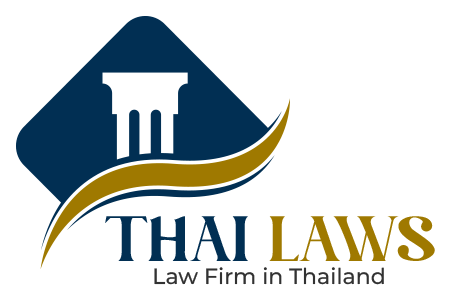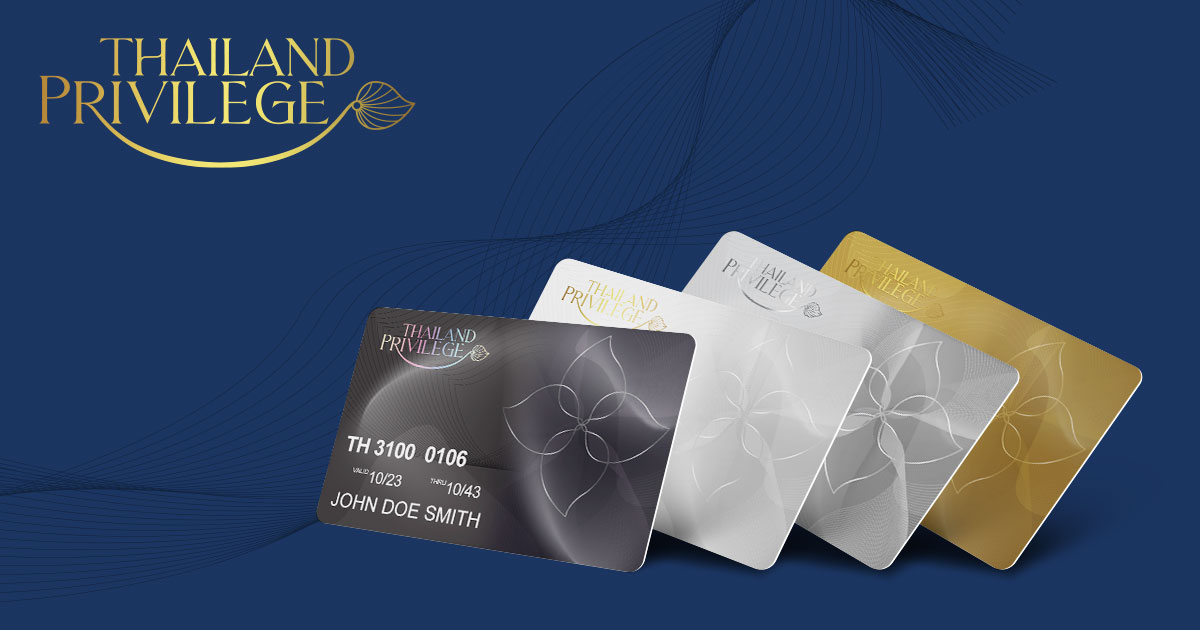Thailand Privilege Visa (formerly known as “Thailand Elite”) is a paid, government-backed long-stay program that bundles a multiple-entry, multi-year visa with concierge services and lifestyle perks. It’s run as a membership scheme rather than a conventional immigration pathway — think of it as a luxury residency product that buys convenience and access, not labour rights or automatic citizenship.
What it is and who runs it
The program is administered by Thailand Privilege Card Co., Ltd., a company established under the Ministry of Tourism and Sports; membership gives you a Privilege Card plus a “Privilege Entry” (PE) visa issued by Thai immigration for the period covered by your package. That legal/administrative structure matters because policy and operational rules are centrally controlled and occasionally updated by cabinet or ministry decisions.
Packages, price points and visa validity (practical snapshot)
Thailand Privilege offers a tiered range of packages with different durations, “privilege points,” and services:
-
Bronze / Entry: commonly cited at about THB 650,000 for a 5-year membership.
-
Gold: roughly THB 900,000 for 5 years with recurrent privilege points.
-
Platinum: typically THB 1.5 million for 10 years.
-
Diamond: often marketed around THB 2.5 million for 15 years.
-
Reserve (top tier): marketed in the region of THB 5 million for 20 years.
- Exact pricing, availability of “additional member” slots (family add-ons) and the number of annual privilege points vary by year and package; always confirm the current schedule on the official site or an authorized General Sales & Services Agent (GSSA).
Core visa mechanics — what you actually get
Membership provides a multiple-entry PE visa stamped by immigration that can allow uninterrupted long stays (effectively avoiding repeated short-term renewals). The privileges commonly included are:
-
expedited arrival/departure (fast-track immigration).
-
a dedicated concierge / personal assistant (arrival services, airport transfer, introductions).
-
assistance with routine immigration formalities such as 90-day reporting and extensions (the operator often handles submissions on members’ behalf).
-
lifestyle benefits (hotel/golf/airline/healthcare offers and annual “privilege points” redeemable against partner services).
Important: despite the long-stay convenience, the PE visa is not the same as a work visa — Privilege members generally cannot obtain a Thai work permit on the PE visa alone, and employment for Thai companies requires switching to an appropriate non-immigrant/work visa and permit. If working in Thailand is your objective, evaluate alternatives (e.g., LTR / work permit routes) before buying membership.
Who benefits most (typical use cases)
-
Affluent retirees who want a simple, long-term legal presence without visa bureaucracy.
-
Frequent travelers / second-home owners who value airport fast-track and concierge services.
-
Business people with remote/overseas income who need stability (but not local employment).
-
Families where the main applicant wants to bring spouse/children/parents as paid additional members under the same package (family add-ons are possible but carry extra fees).
Application, vetting and timeline (what to expect)
Applications are typically submitted through Thailand Privilege or an authorized GSSA. The process is document-driven: passport copy, photos, application form, payment, and basic vetting (background checks and, sometimes, medical clearance) — the operator then liaises with immigration for the PE visa issuance. Processing times vary but applicants should budget several weeks from payment to visa issuance. Authorized agents can manage most steps for you.
Practical limitations and legal caveats
-
No automatic work rights. Holding a Privilege Visa does not entitle you to work for a Thai employer; you must convert to a suitable non-immigrant/work visa and obtain a work permit to be employed locally.
-
Not a direct passport/PR route. The scheme does not automatically lead to permanent residency or citizenship; PR/citizenship follow separate, more stringent channels.
-
Compliance still required. Members remain subject to Thai immigration rules (including 90-day reporting if you remain in Thailand continuously), tax residency rules, and visa conditions — the membership only makes compliance easier to manage, it doesn’t remove the legal obligations.
Cost-benefit considerations (how to evaluate)
-
Compare with alternatives. If your priority is the ability to work or a legal route to PR, the LTR or work-permit routes are often more appropriate despite stricter eligibility. The Privilege Visa should be evaluated for convenience, speed and lifestyle value rather than immigration-status gains.
-
Family economics. Adding spouses/parents/children increases cost substantially — run the family pricing scenarios before committing.
-
Deal structure. Membership fees are usually one-off and non-refundable; read the contract for cancellation, transfer, or resale rules.
Real-world deployment: three short scenarios
-
Retiree (Bronze): A retired couple pays the 5-year Bronze fee, uses concierge arrival, and delegates 90-day reporting — saves repeated embassy/immigration trips and gains travel privileges.
-
Executive (Platinum): An executive on frequent trips uses Platinum for airport fast-track, hotel and golf partners, but accepts they must keep a separate Non-B/work permit if they take Thai employment.
-
Investor family (Diamond/Reserve): Investor secures longer tenor, adds family members (paid extra), and uses concierge to coordinate healthcare, schooling and property viewings. Costs are high, but for some buyers the stability and VIP access justify it.
Due diligence checklist before buying
-
Verify current package pricing and inclusions on the official site or an authorized GSSA (fees and points change).
-
Confirm limits on family membership and exactly which relatives qualify as “additional members.”
-
Ask about 90-day reporting handling and whether immigration fingerprints/presence still require your attendance.
-
Check refund, transfer and resell terms in the membership contract, and get written answers on dispute resolution and data privacy.
-
Compare LTR and other visas if work, tax residency, or a path to PR are priorities.
Bottom line
The Thailand Privilege Visa is a high-service, high-cost membership that buys long-stay convenience, VIP immigration channels and lifestyle perks — not labour rights or a shortcut to permanent residency. It suits people who value stability and concierge access above direct employment privileges. If that fits your plans, confirm the current package terms with an authorized agent and carefully weigh family costs, compliance duties (90-day reporting, tax), and alternative visa pathways before committing.



